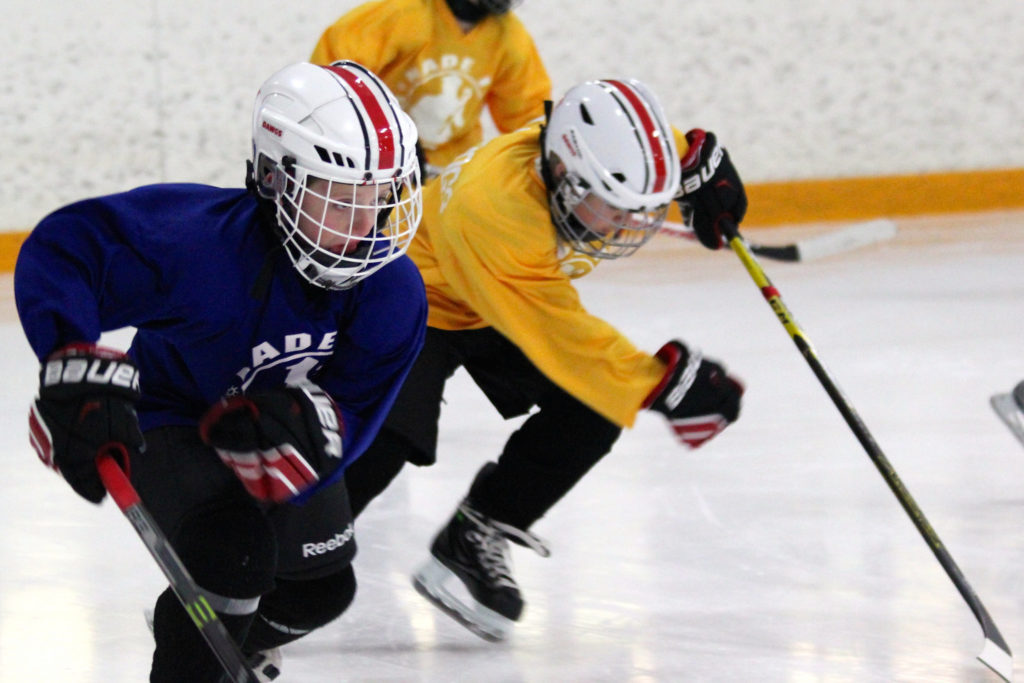News
Mayo Clinic experts release new recommendations to reduce concussions in hockey

Image source: A Healthier Michigan/Flickr
Medical experts from the renowned Mayo Clinic have released new recommendations that could change the way hockey is played in youth leagues in order to reduce the risk and severity of brain injuries on the ice.
Specifically, the researchers are calling for a number of changes to both the rules and organizational structure of youth hockey leagues across the country, including:
- Establishing a national and international database for sports-related concussion at all levels
- Eliminating body checking in Bantam youth hockey games
- Expanding the Fair Play behavioral modification program to all youth hockey levels
- Enforcing ejection penalties for fighting in Junior A and professional hockey leagues
- Establishing objective tests to diagnose concussion at the point of care
- Mandating baseline testing to improve concussion diagnosis
Bantam leagues include children between the ages of 13 to 14, so removing checking at this level would mean body-checking would not be allowed until players were at least 15 years old.
“Concussion is a brain injury that can be hard to diagnose objectively. That’s why coming up with strategies to prevent concussion in the first place is paramount,” said Aynsley Smith PH.D., the leader of the Mayo Clinic Sports Medicine Ice Hockey Research team.
The recommendations, published in multiple scientific journals including the Annals of Sports Medicine and Research and the Clinical Journal of Sports Medicine, also note that it is important to change our expectations of how concussions appear.
For example, many associate loss of consciousness with concussions, but less than 10 percent of concussions actually result in loss of consciousness.
At the same time, the researchers note that young athletes who experience a concussion are approximately 4 times more likely to experience another brain injury within the same season.
The recommendations were agreed upon by a panel of 155 experts present at a concussion summit hosted by Mayo Sports Clinic Medicine, including physicians, athletic trainers, neurophysiologists, and physical therapists.



